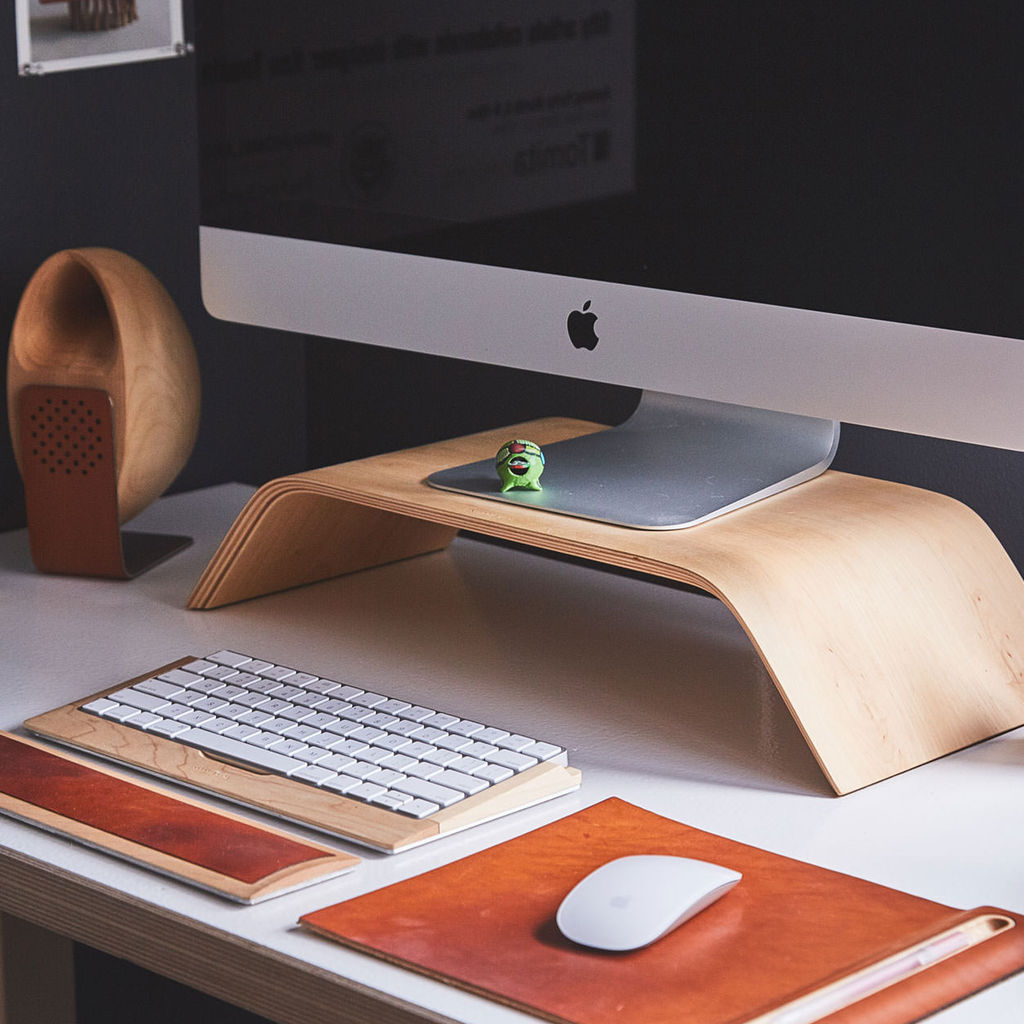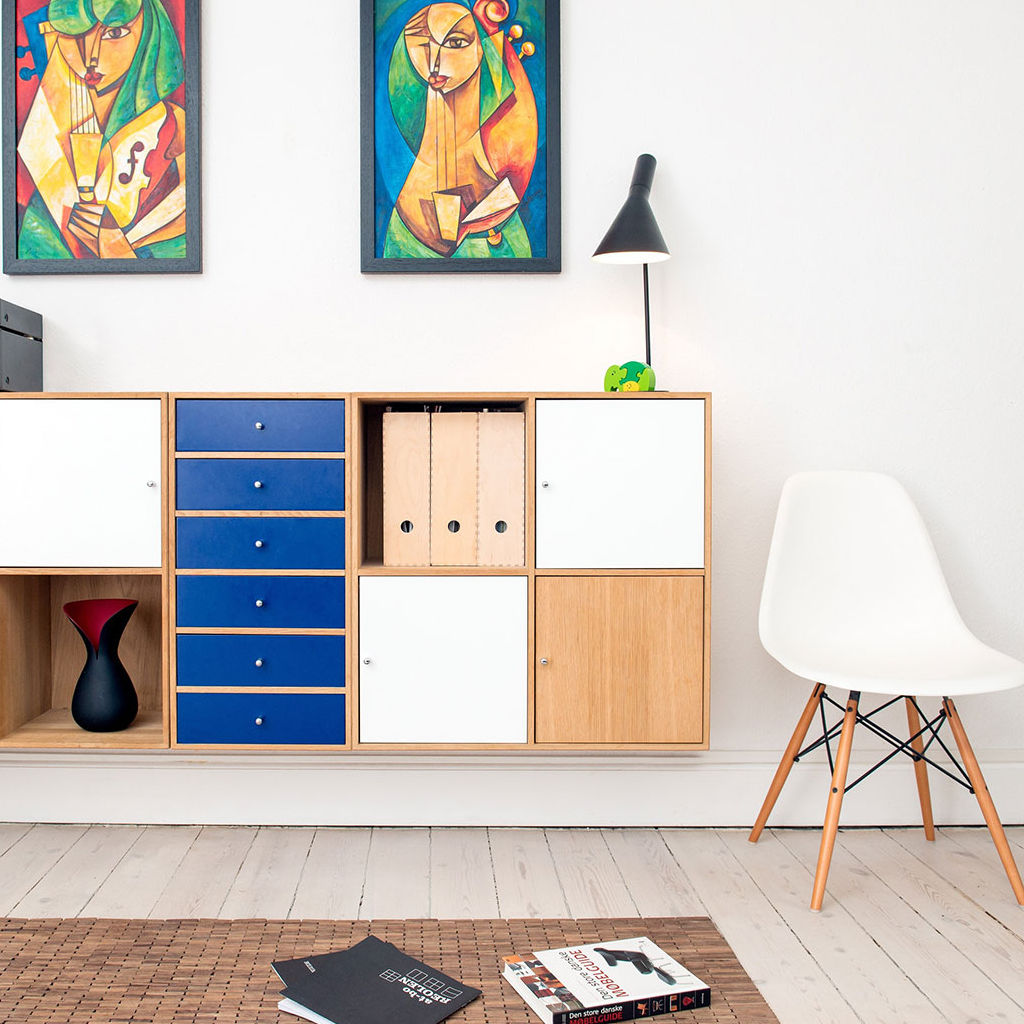Course Industrial Design

The philosophy
A true designer is one who has the curiosity to learn and listen to the needs of society consistently.
The ability to listen, the curiosity to experiment with new styles and solutions, the capacity for reflection all play a fundamental role.
The ideal professional must be imaginative and continually evolving to be able to express new ideas on product design.
For all these reasons today more than ever the figure of the Industrial Designer is fundamental for the evolution of a company.
Our objectives
The course of Industrial Design began with the aim of creating a professional who is capable of efficiently moving through multiple learning plans.
It’s not only about learning design and the use of materials:
The professional must be able to understand also the business, cultural and economic aspects in which the products are inserted.
The roles are multiple, although similar each has a different facet.To learn more, click on “Who do you want to become”.

Study Program
THE ISTITUTO ITALIANO DESIGN updates and optimizes the subjects of study each year to provide students with very high-quality preparation in design.
Theory and practice alternate in perfect balance to create synergies that can facilitate learning and train successful design experts.
Study Program
- History and Criticism of Design I
- Brand Identity Strategies
- Anthropology of Living
- History of furniture
- Materials Technology I
- Principles and methodology of the project
- Ergonomics
- Cad 2D/3D
- Graphic Applications
- Social Media Marketing
- History and Criticism of Design II
- Rendering
- Design
- Art History
- Jewelry Design
- Packaging I
- Product Management
- Storytelling
- Product and process innovation
- Packaging II
- Design

Main operational areas
- Scope of Technical Production for The Design of Industrial Products;
- Scope of Technical Design Draftsman.

The skills you will have
- Historical-Critical Concepts Related to Design Culture and The Evolution of The Products;
- Ability to design taking into account the social and cultural variables of the contexts in which the designed products are placed;
- Semiotic skills, aesthetic and sociological skills and the use of tools and techniques related to the morphological, material and functional representation of the product;
- Scientific and technological skills related to materials and their chemical-physical, performance, structural and functional characteristics;
- Skills related to processing technologies, industrial processing processes, production constraints.
